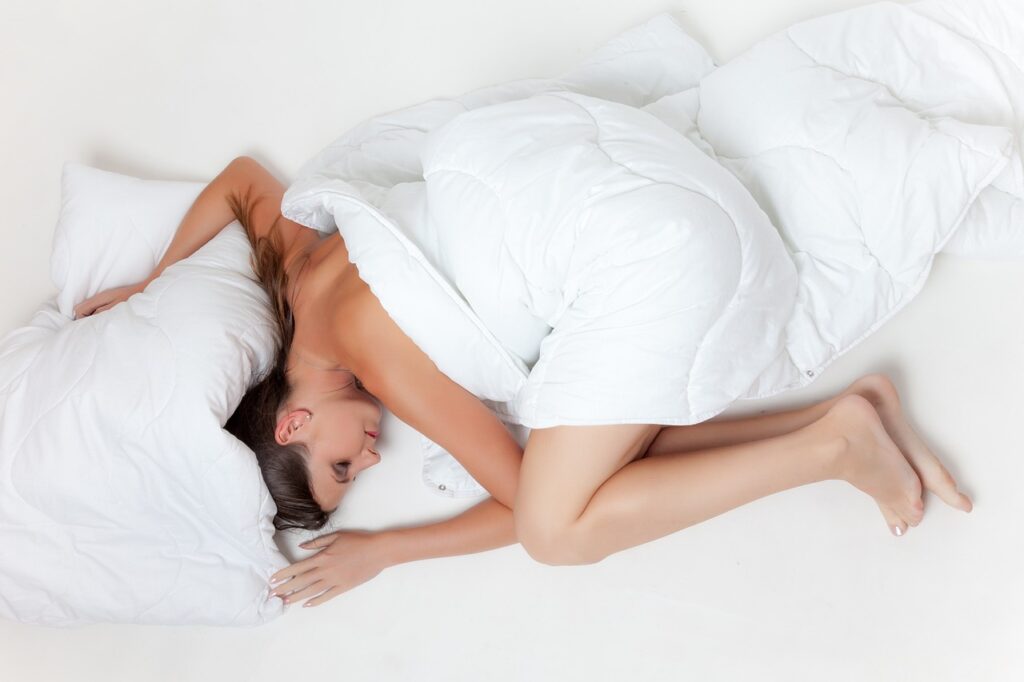Sleep problems are pretty common. According to the American Sleep Association, around 50 to 70 million adults in the U.S. have a sleep disorder. Insomnia, the most common type, affects about 30% of adults in the short term and about 10% chronically.

Reasons for sleep problems can vary widely, but some common ones include:
- Stress and anxiety
- Depression
- Chronic pain
- Certain medical conditions such as asthma or heart disease
- Medications
- Caffeine, especially when consumed late in the day
- Environmental factors, such as a room that’s too hot, cold, noisy, or brightly lit
Homeopathy can help with sleep problems, depending on the person’s symptoms. Here are ten homeopathic remedies often used for sleep issues:
- Coffea Cruda: For sleeplessness due to mental hyperactivity or physical restlessness. Dose: 6C to 30C, 1-2 doses at bedtime.
- Nux Vomica: For difficulty falling asleep, mainly due to overwork or overindulgence in food or drink. Dose: 6C to 30C, 1-2 doses at bedtime.
- Passiflora Incarnata: This may help with insomnia when the person is overworked or overtired. Dose: 6C to 30C, 1-2 doses at bedtime.
- Ignatia Amara: Used when stress or grief disrupts sleep. Dose: 6C to 30C, 1-2 doses at bedtime.
- Arnica Montana: For restless, fitful sleep after physical exertion. Dose: 6C to 30C, 1-2 doses at bedtime.
- Calcarea Phosphorica: For sleeplessness in children, especially during teething. Dose: 6C to 30C, 1-2 doses at bedtime.
- Aconite Napellus: For restless sleep after a shock or traumatic event. Dose: 6C to 30C, 1-2 doses at bedtime.
- Ferrum Metallicum: For sleeplessness due to anemia or an overactive mind. Dose: 6C to 30C, 1-2 doses at bedtime.
- Sulfur: For difficulty falling asleep from itchiness or hot flashes. Dose: 6C to 30C, 1-2 doses at bedtime.
- Silicea: For insomnia due to worry or nervousness, especially in children. Dose: 6C to 30C, 1-2 doses at bedtime.
Remember, consulting with a healthcare provider or professional homeopath for personalized advice and treatment is essential. These remedies can help manage sleep issues, but their effectiveness varies, and they should not replace any existing treatment or medication unless advised by a healthcare provider.

